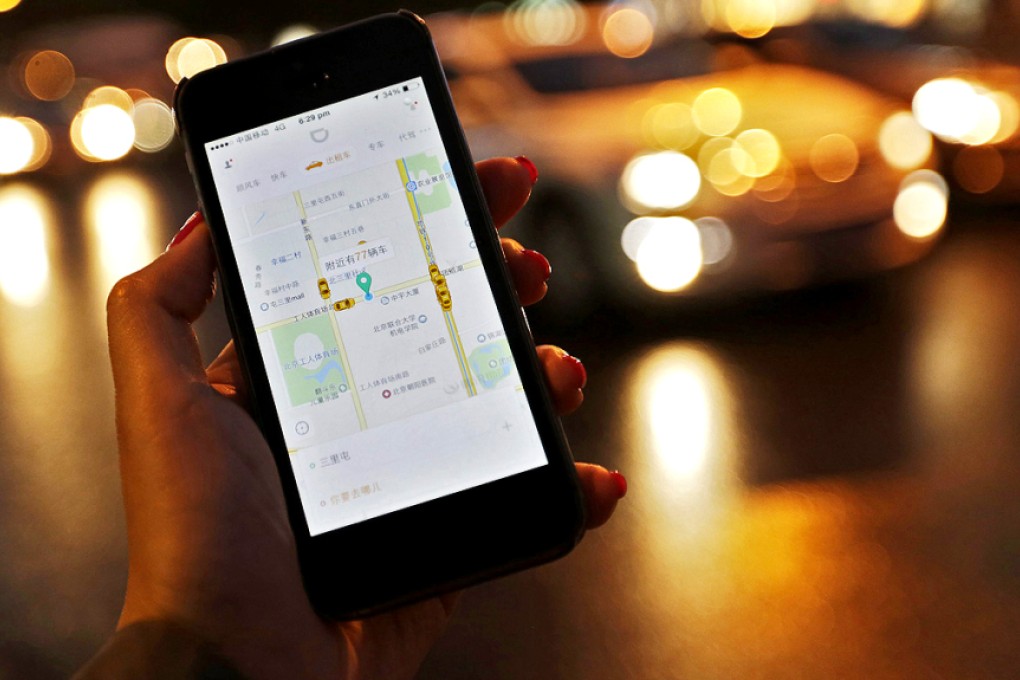
There are a lot of numbers about Uber China right now.
- Uber China has raised $1.2B. Competitor Didi $3B.
- Uber is in +10 cities and going to 100(?). Didi is in 300, but mostly for taxi hailing.
- Uber China has 1M daily rides. Didi has 5M. Although these last two numbers are pretty questionable.
But the crucial number for Uber China is 4,000. That is Didi’s headcount today, which is way above Uber's reported 200 staff in China. And while the current fight is for drivers, rides and capital, this war will ultimately be won in quantity of brainpower.
Here’s my argument.
The second round has been about getting a critical mass in private ride sharing (people using their own cars). Private rides are the truly massive opportunity in China but this is still in a grey area legally (lots of offices being raided and drivers being arrested). Private rides are disruptive to the State-owned taxi companies, so this is perilous. But both companies are now going after this regardless.
The key in Round 2 is to get to a critical mass in drivers and riders in each city. At a certain critical mass / volume, your costs and wait time per ride drop and it becomes difficult for new competitors to enter. The market consolidates and the leaders are protected by what economists call two-sided network economics (think credit cards and app stores).
And this brings us to Round 3 and the fight for quantity of brainpower.